|
Fabric Name |
Canvas Fabric |
|
Reason for the Name |
Derived from the Latin word "cannabis," referencing the hemp used in its early production. |
|
Also Known As |
Duck Fabric, Sailcloth, Tarpaulin Fabric |
|
Manufacturing Process |
Plain weave technique; tightly woven fibers. |
|
Appearance |
Matte finish; rough texture; sometimes coated for a glossy or water-resistant surface. |
|
GSM Range |
200-600 GSM |
|
Composition Range |
100% Cotton, 100% Polyester, Cotton-Polyester Blends (80:20, 70:30). |
|
Construction Range |
Plain weave; typically 1/1 plain construction. |
|
Functionality |
TPU Coating, PU Coating, Acrylic Coating (AC), Water-Resistant (W/R), PVC Coating. |
|
Thread Density Range |
150T-420T (for woven varieties). |
|
Count Variations |
10s-40s in cotton; 75D-300D in polyester. |
|
Fabric Breathability |
Moderate (dependent on weight and coating). |
|
Moisture-Wicking Abilities |
Low to moderate (higher with certain finishes). |
|
Heat Retention Abilities |
Low (unless lined or coated for insulation). |
|
Stretchability |
Minimal (non-stretch unless blended with spandex). |
|
Prone to Pilling/Bubbling |
Low (especially for natural cotton canvas). |
|
Country First Produced |
Egypt (~3500 BCE) for hemp-based canvas. |
|
Biggest Exporter Country |
China (Exports over 50% of global canvas production). |
|
Recommended Washing Temperatures |
Cold to warm water (30-40°C); avoid high temperatures. |
|
Applications |
Tents, backpacks, tote bags, upholstery, shoes, sails, paintings, industrial covers. |
Canvas fabric is very well-known for its durability and stiffer structure. Once canvas fabric was used in making tents, boat sails, and other utilitarian products. But nowadays canvas has expanded into other products like sports gear, sneakers, and backpacks thanks to its extreme durability. So, let's start to know about the durable fabric called canvas.
Table Of Contents
What is canvas fabric?
Canvas is a tightly woven plain fabric. It’s usually made with cotton and to some extent produced with linen. Historically it was originally woven with hemp instead of cotton but nowadays it's made of synthetic fiber like polyester and nylon. Canvas originated in ancient civilizations like Egypt and India, where people wove it for sails and shelters. But now It's evolved and an ideal choice for workwear, uniforms, outdoor tents and gear, bags and luggage, heavy outdoor jackets, and shoes.
Even the word canvas comes from the Latin word ‘cannabis’, which refers to ‘made of hemp’. But canvas could be used to blend with other synthetic fibers. Canvas could be used to blend with other synthetic fibers that become water and resistant or even waterproof fabric. Synthetic and blended Canvas matieral is commonly used in outdoor gears.
Different Types of canvas fabric
Cotton, synthetic and blended canvas material are most common types of canvas fabric.

Plain Canvas:
Plain canvas consists of rough, wide fibers with a relatively loose weave. It has a yarn count between 50 to 100. Plain canvas is the most appropriate in the industry. Though it has rough hand feelings and would be abrasive when worn against the skin.

Duck Canvas:
Duck canvas is featured with a thinner yarn composition. Besides a closer weave that has a smoother hand feel. It is the heaviest grade of cotton canvas. The Duck canvas is derived from the Dutch word for canvas: ‘doek’. That means a typical fabric is made with twice yarn as much fiber going in one direction as compared with the other direction.

Cotton Canvas:
Cotton canvas is more popular than any other canvas fabric due to being significantly cheaper and could be diversified with the market demand. It's very fluffier, stretcher, and smoother compared to hemp and linen. Cotton canvas has a different diagonal woven that contains a series of parallel diagonal ribs. It produces a diagonal texture on one side, smoother on the other.

Linen Canvas:
Linen is a popular and expensive canvas for its rigid durability. Linen fibers came from the flax plant. Harvesting the flax and producing linen canvas is a laborious job. That’s why linen canvas is produced most in Western Europe. Linen canvas is used for art purposes, many established artists choose this canvas for several reasons. Such, it often lasts longer than a cotton canvas, providing a stronger, smoother feature.
Learn more about cotton canvas vs linen canvas fabric

Hemp Canvas:
Hemp is the most durable material a manufacturer can use to produce canvas. But hemp is used to manufacture cannabis, a kind of drug, many countries restrict the harvesting and manufacturing of hemp. But once canvas fabric was only made from hemp and linen. Now, cotton is used to produce most of the canvas fabric instead of hemp.
Polyester Canvas:
Polyester canvas is a versatile synthetic plain fabric made from 100% polyester. It is much more durable than regular canvas that's why poly canvas is widely used in home decor projects and outdoor gears. 100 polyester canvas fabric is to make water resistant due to its hydrophobic characteristics.
TC/CVC Canvas:
TC/CVC canvas is a blend of cotton and polyester where polyester content is more in TC and cotton content is more in CVC. Blended canvas is mostly used in workwear and home textiles due to its tear-resistant and flame-resistant characteristics.

Besides the mainstream canvas fabric, there are kinds of finished coated canvas fabric. Which is used for special purposes. They are as follows:
- Fire-proof canvas.
- Waterproof canvas.
- Water-resistant canvas.
- Dyed canvas.
- Printed canvas.
- Stripe canvas, and so on.

How is Canvas Fabric Made of?
- Yarn Production: Firstly, manufacturers create canvas yarn using the rougher fibrous part of cotton, linen, and hemp plants. Synthetic canvas is made of polyester and nylon high-denier DTY filament yarn
- Weaving: Next the weaving which produces the canvas fabric. It’s produced by tightly weaving yarns or filaments together in a plain weave technique on the loom.
- Finishes: Then polyvinyl chloride (PVC) layers are often applied to the outer surface of the fabric to increase its durability.
- Printing Processes: Lastly, the fabric is stretched around a wooden frame before gesso is applied.
Properties
- Provide a naturally creamy white color.
- Low fabric breathability.
- Absorbent Fabric.
- High moisture-wicking abilities.
- Wrinkle easily and don't recover well from wrinkling.
- Low Prone to pilling.
- Having high heat retention abilities.
- Flexible & Low luster qualities.
- Low elongation & Elastic recovery.
- Low abrasion resistance.
- Conducts electricity, but doesn’t build up static electrical charges.
- Resistance to microorganisms and insects
- Shows better resistance to sunlight.
Advantages and Disadvantages of Canvas Fabric
Advantages
- Durable: Can withstand years of use.
- Versatile: Suitable for fashion, art, and industrial purposes.
- Eco-Friendly: Cotton canvas is biodegradable.
- Breathable: Ideal for outdoor and clothing applications.
Disadvantages
- Heavy: Not suitable for lightweight needs.
- Stiff: Can feel rough and inflexible initially.
- Absorbs Stains: Natural canvas may soak up spills if not treated.
Application of Canvas Fabric:
- Bags: Heavy canvas is most commonly used in making bags. Synthetic waterproof canvas is very suitable for making waterproof backpacking.
- Outdoor Gears: Many outdoor gears like tents, tarps, sails, and other camping materials are made with heavy canvas.
- Clothing: Most heavy-duty workwear like pants and jackets are made with canvas fabric.
- Upholstery coverings: Waterproof canvas is also used as coverings in many industries including automotive, military, and construction sites.
- Art supplies: The application of canvas in paintings has been very popular for ages.
- Shoes: One of the most common applications of canvas fabric is in the footwear industry. Thanks to its durability and flexibility, shoes like converse sneakers are made with canvas.
How to Care for Canvas Fabric?
Caring for canvas is simple:
- Cleaning: Use mild soap and water to clean stains. Avoid harsh detergents that could damage the fibers.
- Drying: Air-dry canvas items. Heat can shrink the fabric.
- Storage: Keep canvas in a cool, dry place to prevent mold or mildew.
Pro tip: Waterproof your canvas with a wax or spray treatment to enhance its longevity.
FAQs
1. What makes canvas fabric so durable?
The plain weave and tightly woven fibers create a strong, tear-resistant material.
2. Can canvas fabric be waterproof?
Yes, treated or coated canvas can repel water effectively.
3. Is canvas fabric environmentally friendly?
Cotton canvas is biodegradable and eco-friendly, especially when untreated.
4. What is the heaviest type of canvas fabric?
Heavy-duty canvas can weigh up to 24 oz per square yard, ideal for industrial use.
5. How do I soften stiff canvas fabric?
Wash it multiple times with fabric softener or use gentle abrasion to break in the fibers.



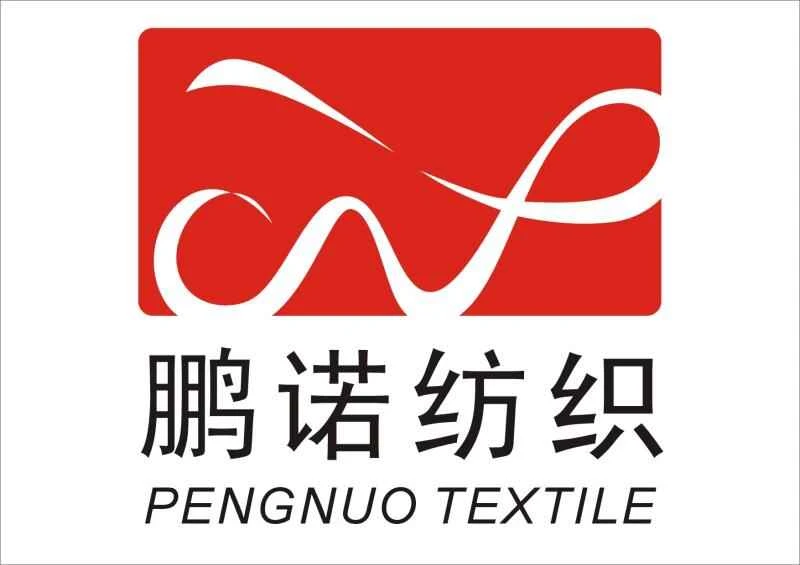

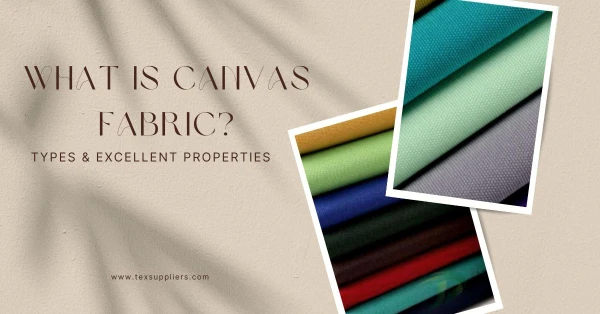
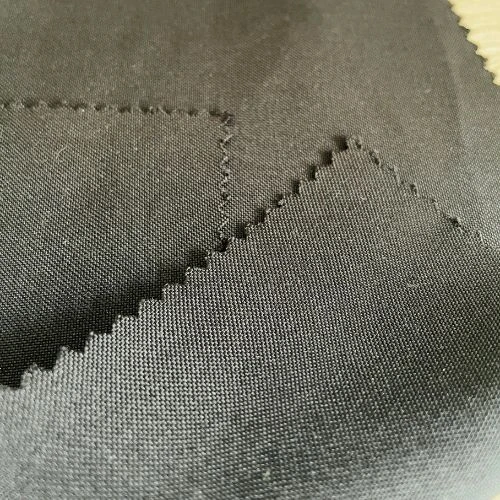
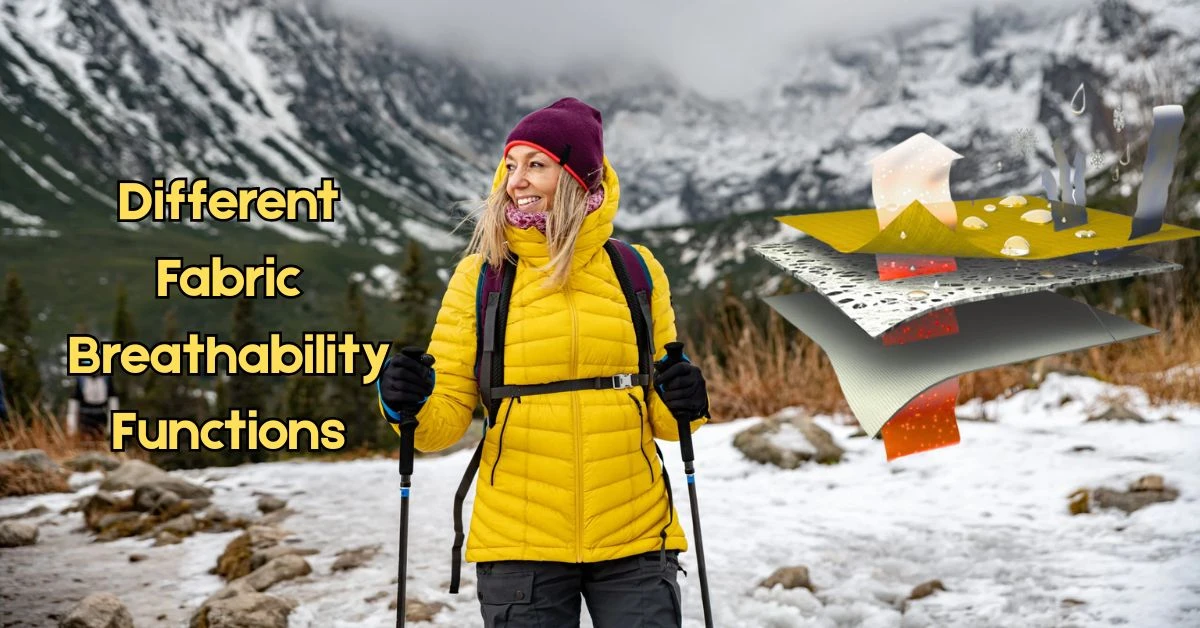
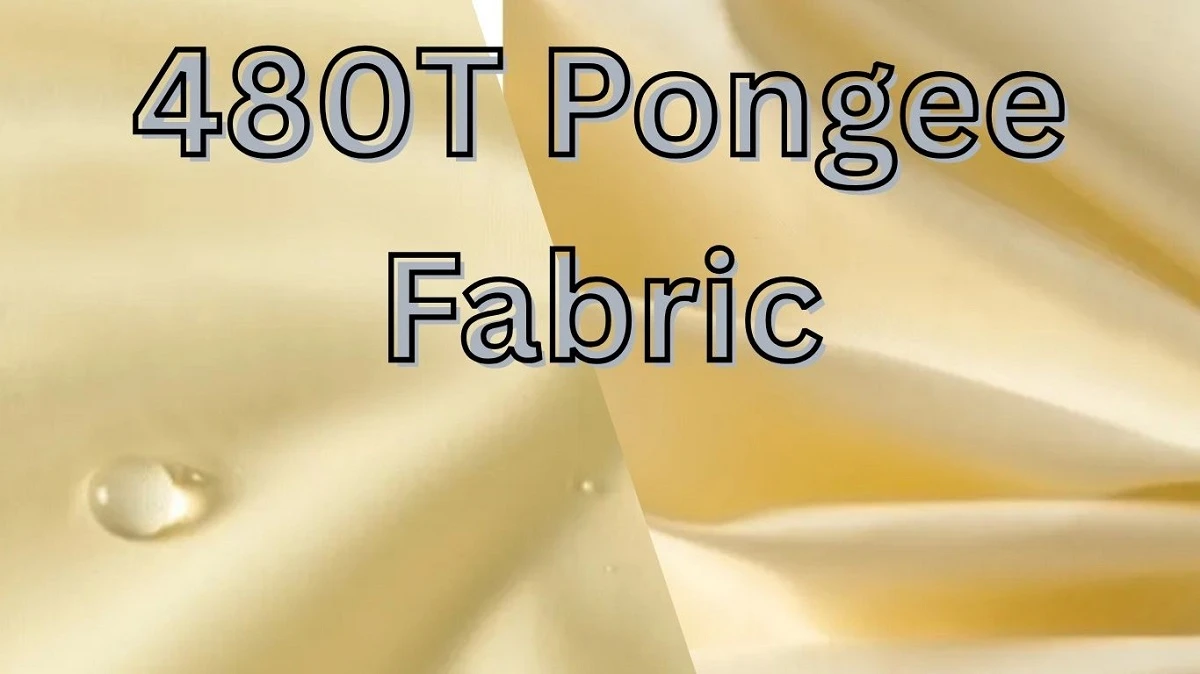
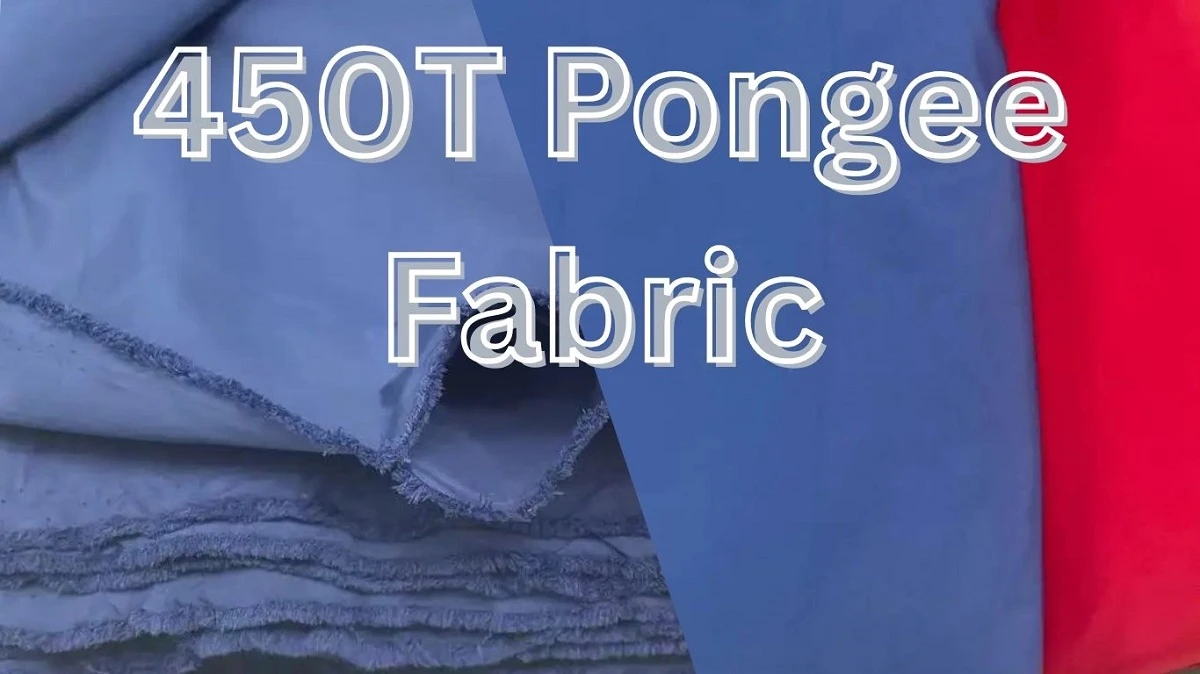
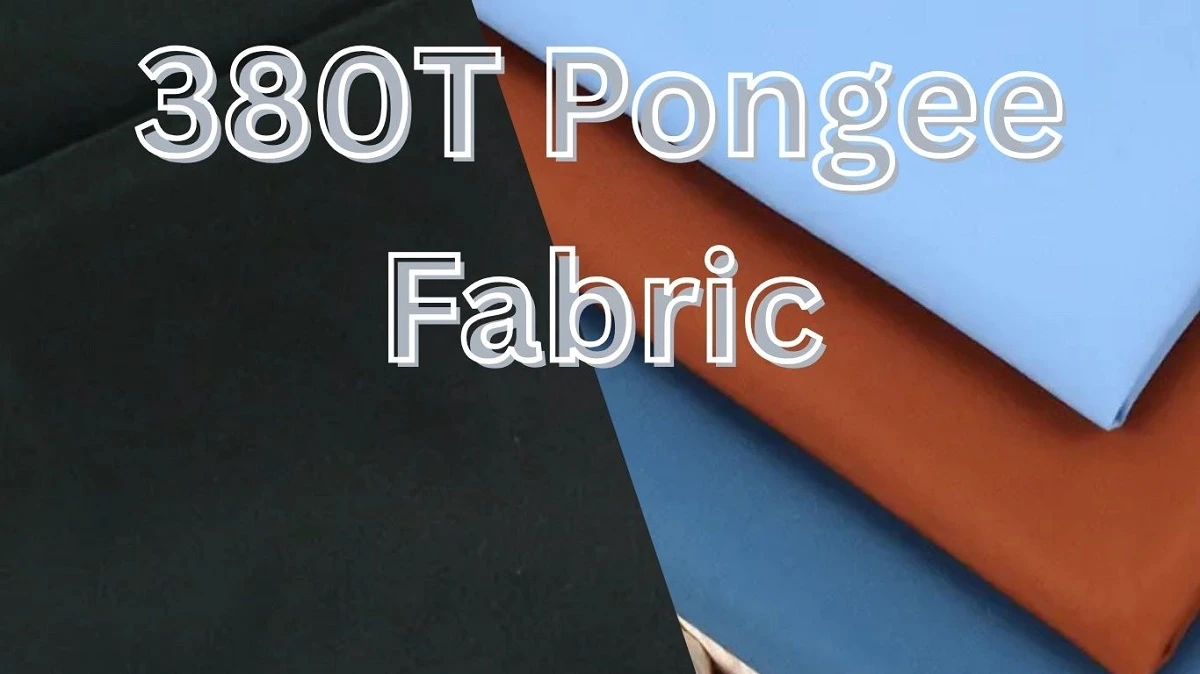
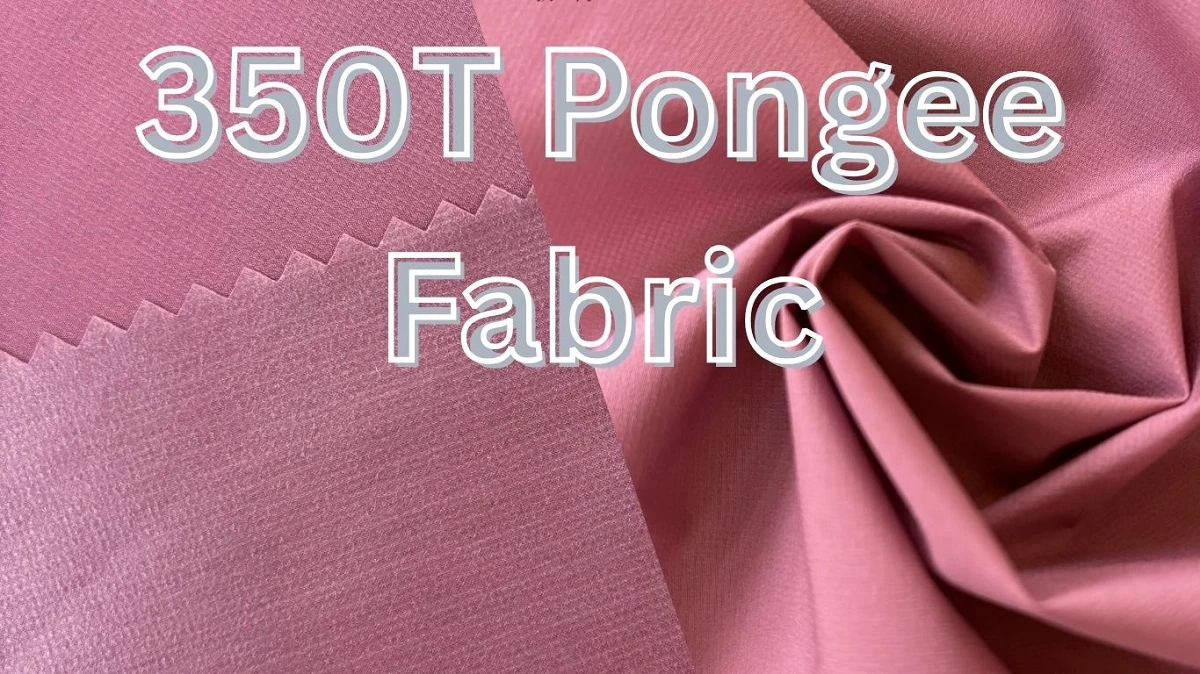
Comments - 00
Leave A Reply
Thanks for choosing to leave a comment.